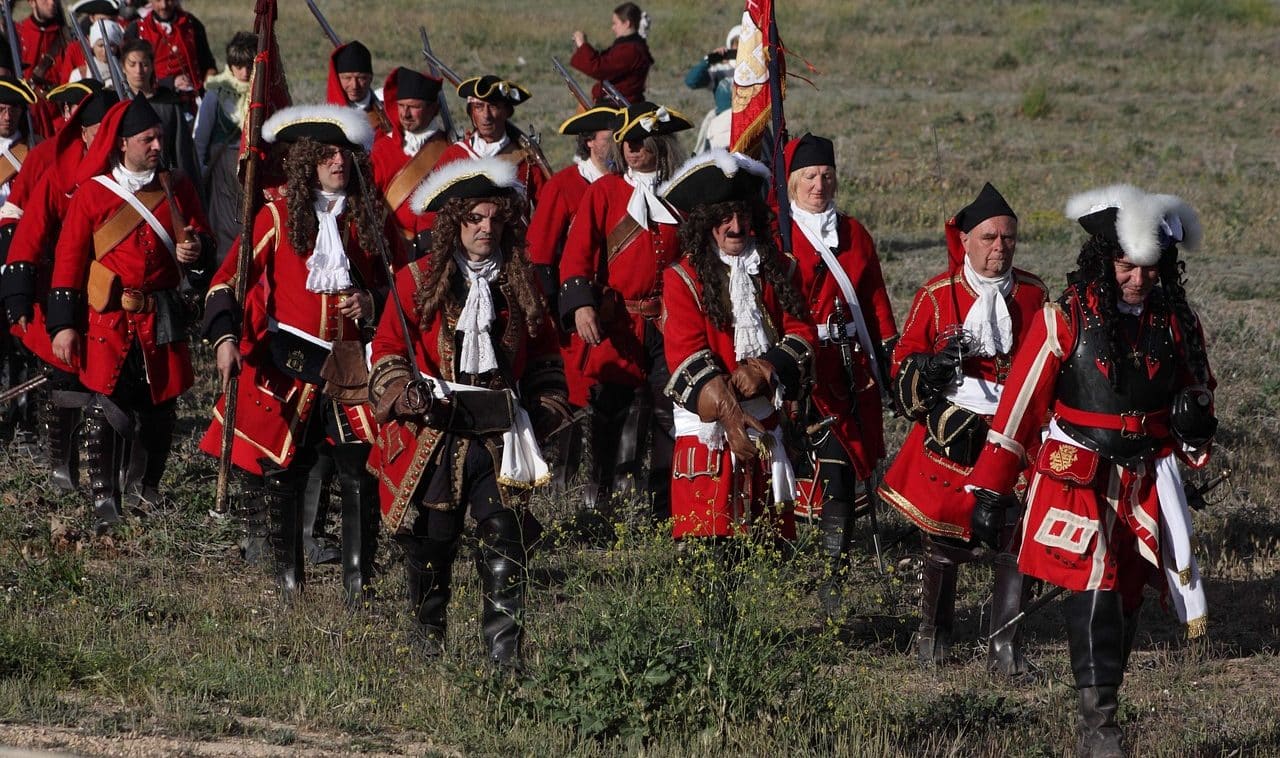
The idea of a statement is usually linked to an insurrection or sedition.
Pronouncement is a notion with different scopes. In the field of law , the term refers to the order or declaration issued by a court, a judge or an entity in charge of judging.
The most common use of the concept, however, is linked to a sedition or an insurrection promoted by a military leader against a government . Unlike a traditional coup d'état , which consists of an armed action carried out quickly, the pronouncement begins with a public declaration .
Army statement
When an army leader issues a statement, what he does is announce to society his opposition to the current authorities. Of course, before the pronouncement, the military will have already gathered wills that allow him to form a group capable of exerting real pressure on power .
What is expected is that, based on the statement, other armed forces and different social sectors will join the proposal. If the necessary adhesions are achieved, the statement usually leads to a request for the rulers to resign .
If the statement fails to gain support, it is considered failed . The soldier who raised his voice, therefore, must go into exile or submit to Justice , not being able to continue in office since he is not loyal to the authorities.

Throughout history there have been numerous pronouncements.
Historical examples
There are numerous examples of pronouncements throughout history . In 1821 , the Spanish soldier Rafael de Riego made a statement to reestablish the Constitution of Cádiz , known as La Pepa .
It was in the Sevillian town of Cabezas de San Juan that this figure carried out the aforementioned pronouncement, with which he made it clear that he was against the figure of the king in force at that time, Ferdinand VII . And he considered that he not only had the population subjugated, forcing them to pay very high taxes, but he also ordered the Spanish soldiers to fight against America, causing the death of thousands of them.
This action committed by Riego marked the end of the period known as the Absolutist Sexennium and the beginning of a liberal phase, which was called the Liberal Triennium , which ran between 1820 and 1823 .
In the same way, in Spain there was another significant later pronouncement, that of Primo de Rivera , which took place on September 13, 1923 . He spoke out against the established constitutional order and determined that it was necessary for political power to fall on military personnel like him. The position of King Alfonso
There are many opinions regarding the reason for this military man's statement. Thus, there are those who consider that it was due to social conflicts and the increasingly crucial role that the king had. However, there are other historians who believe that it was carried out to prevent democratization of the regime and the reigning political system from occurring.
Thirty years later, in Argentina , the pronouncement of Justo José de Urquiza took place. This general accepted the resignation that Juan Manuel de Rosas presented every year to direct the external relations of the Argentine Confederation , convinced that they would not accept it. In 1851 , however, Urquiza approved the resignation and made his historic pronouncement concrete.
